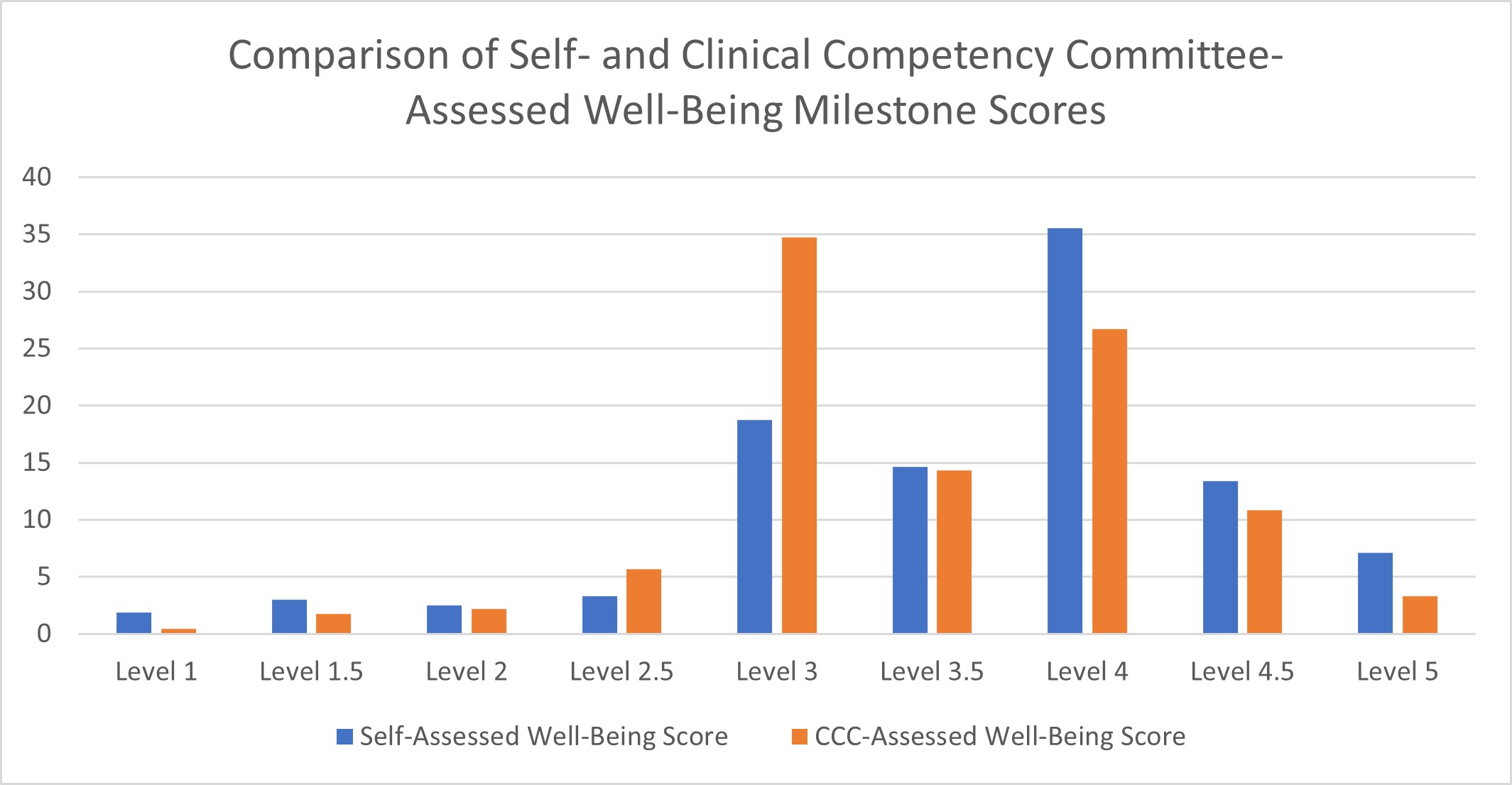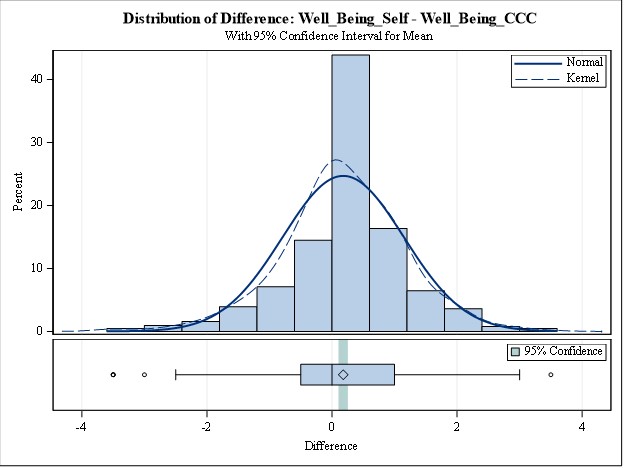Medical Education
Session: Medical Education 10
516 - Correlation between Well-being Milestone, Resilience, Perceived Stress, and Burnout
Monday, May 6, 2024
9:30 AM - 11:30 AM ET
Poster Number: 516
Publication Number: 516.3209
Publication Number: 516.3209

Su-Ting T. Li, MD, MPH (she/her/hers)
Professor; Vice Chair of Education and Residency Program Director
University of California, Davis, School of Medicine
Sacramento, California, United States
Presenting Author(s)
Background: The Accreditation Council for Graduate Medical Education Pediatric Milestones 2.0 implemented in July 2021 included a new Well-Being Milestone, which was “not intended to evaluate a resident’s well-being, but to ensure each resident has the fundamental knowledge of factors that impact well-being, the mechanisms by which those factors impact well-being, and available resources and tools to improve well-being.” It is unknown what the distribution of Clinical Competency Committee (CCC) assessed Well-Being Milestone scores are, whether CCC-assessed scores correlate with resident self-assessed scores, or factors associated with resident self-assessed scores.
Objective: Compare residents’ self-assessed Well-Being Milestone scores to self-assessed resilience, burnout and perceived stress scores and CCC-assessed Milestone scores.
Design/Methods: National multi-institutional de-identified cohort study of U.S. pediatric residents through the Pediatric Resident Burnout-Resilience Collaborative was conducted in May-June 2022. Analysis was restricted to residents who had both self- and CCC-assessed Well-Being Milestone scores in the dataset. Descriptive statistics were used to determine distribution of self- and CCC-assessed Well-Being Milestone scores. Paired t-test was used to compare self- and CCC-assessed Well-Being Milestone scores. Spearman rank correlation was calculated to measure the degree of correlation between self-assessed Well-Being Milestone scores with CCC-assessed scores, resident resilience, perceived stress, and burnout.
Results: 772 residents from 20 programs participated in this study. Residents with missing CCC- (14%; 103/739) and Self-assessed (4.5%; 33/739) Well-Being Milestone scores were removed from the dataset, leaving 636 residents. 60.5% (385/636) of residents were burned out. Residents’ self-assessed Well-Being Milestone scores were slightly higher than CCC-assessed scores (Figure 1), with a mean difference between self- and CCC-assessed scores of 0.18 (95% CI: 0.10-0.25) (Figure 2). Self-assessed Well-Being Milestone scores had a low positive correlation with CCC-assessed Well-Being Milestone scores (0.31) and self-assessed resilience (0.17) and was weakly inversely correlated with burnout (-0.18) and perceived stress (-0.20).
Conclusion(s): Residents self-assess their Well-Being Milestone score slightly higher than CCC-assessed Milestone score. Residents’ self- and CCC-assessed Well-Being Milestone scores are weakly correlated. In order to increase accuracy of CCC-assessed Well-Being scores, it may be helpful to include resident self-assessment.


